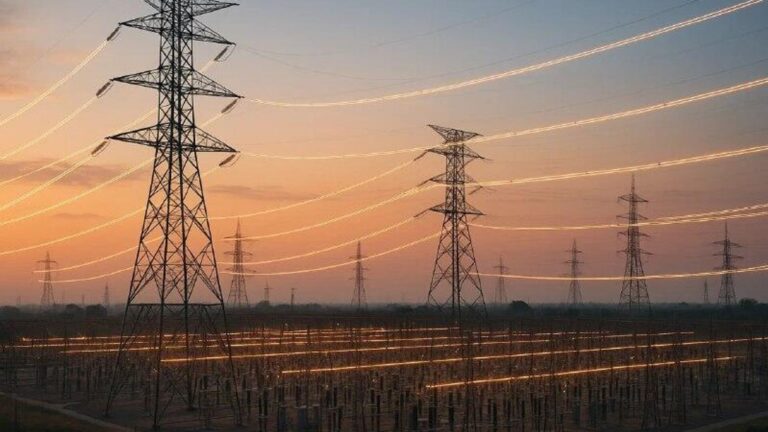In a landmark feat of engineering and regional cooperation, Nigeria has successfully synchronized its national electricity grid with the West African power network, transforming the nation from a constrained energy market into the pivotal hub of a unified regional system.
The successful test, conducted on November 8, 2025, connects Nigeria, Niger, and parts of Benin and Togo to the rest of the West African grid under a single frequency for the first time. This breakthrough, two decades in the making, effectively merges three distinct power zones into one operational network, creating a potential electricity market for over 400 million people.
A joint statement from the Nigerian Independent System Operator (NISO) leadership heralded the achievement as a “major leap toward a stable, reliable, and interconnected electricity market” in the ECOWAS region. The success starkly contrasts with a failed seven-minute attempt in 2007, with this latest triumph attributed to enhanced real-time communication, stricter frequency control, and harmonized operational standards.
The strategic implications for Nigeria are profound. This synchronization directly addresses a critical national challenge: the staggering N2.31 trillion in lost revenue from power generation companies over 12 years due to stranded capacity. The new interconnected grid provides a vital export corridor for this underutilized electricity, unlocking a significant stream of foreign exchange earnings and improving the viability of domestic power plants.
Beyond economics, the achievement solidifies Nigeria’s technical leadership and elevates its geopolitical standing. It grants the country access to international donor funding for critical transmission projects and enhances national grid stability by allowing emergency power exchanges with neighbors.
“This demonstrates our technical readiness to manage complex grid operations in line with international standards and affirms Nigeria’s central role in driving regional economic growth through energy cooperation,” the NISO statement concluded.
The synchronization is the foundational step toward a single, competitive West African electricity market, positioning Nigeria not just as a participant, but as the engine of a new era of regional energy security and economic integration.

